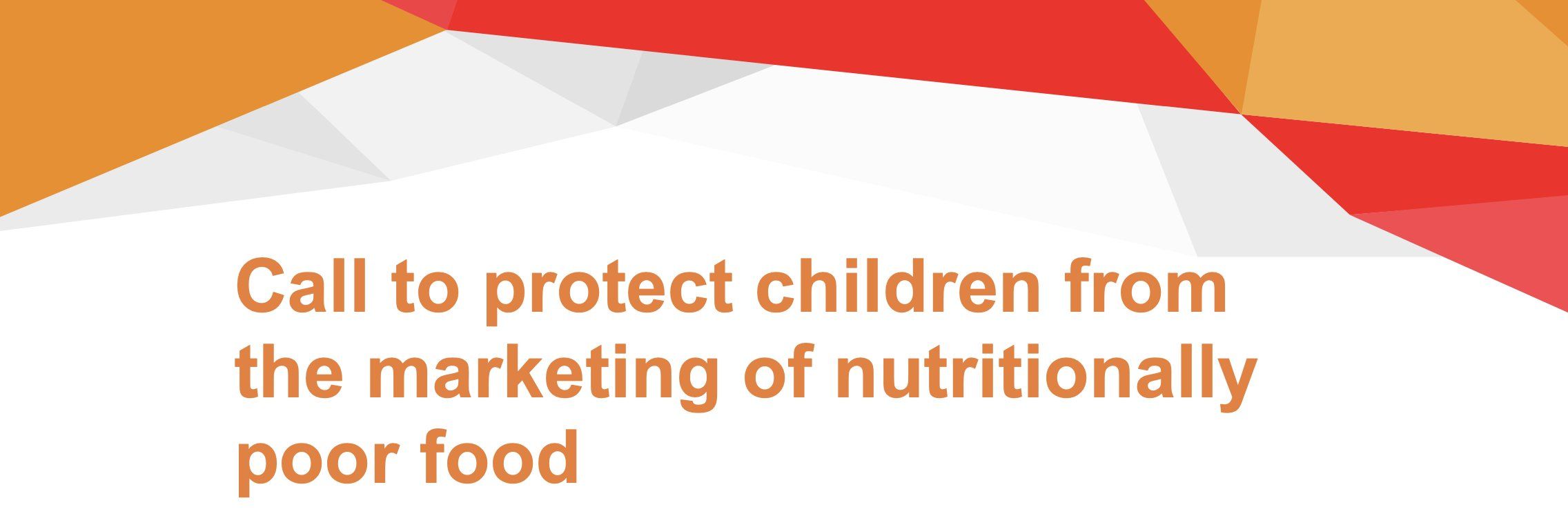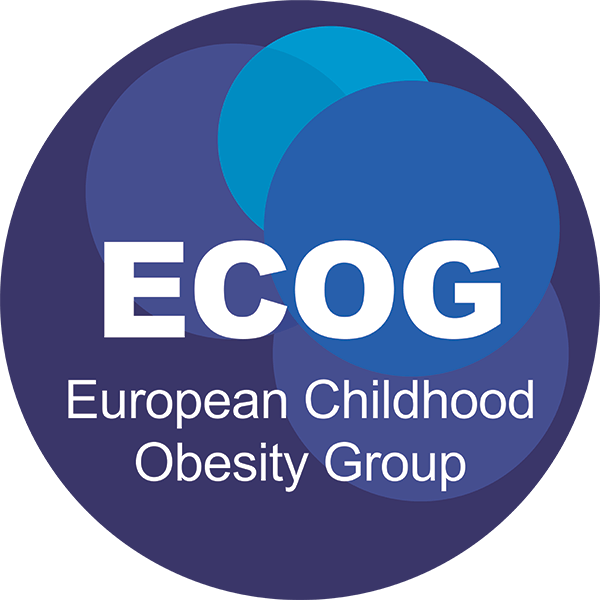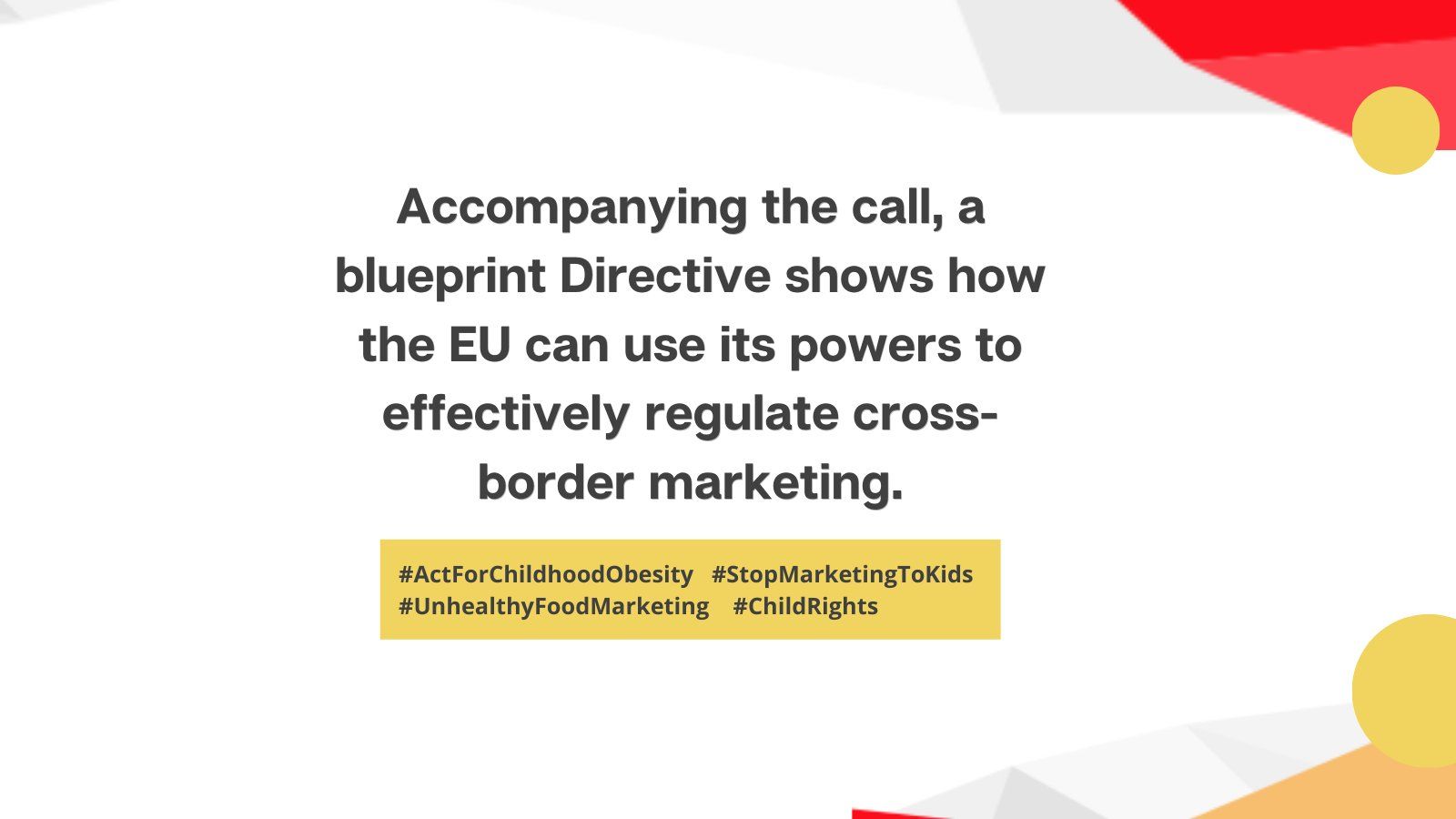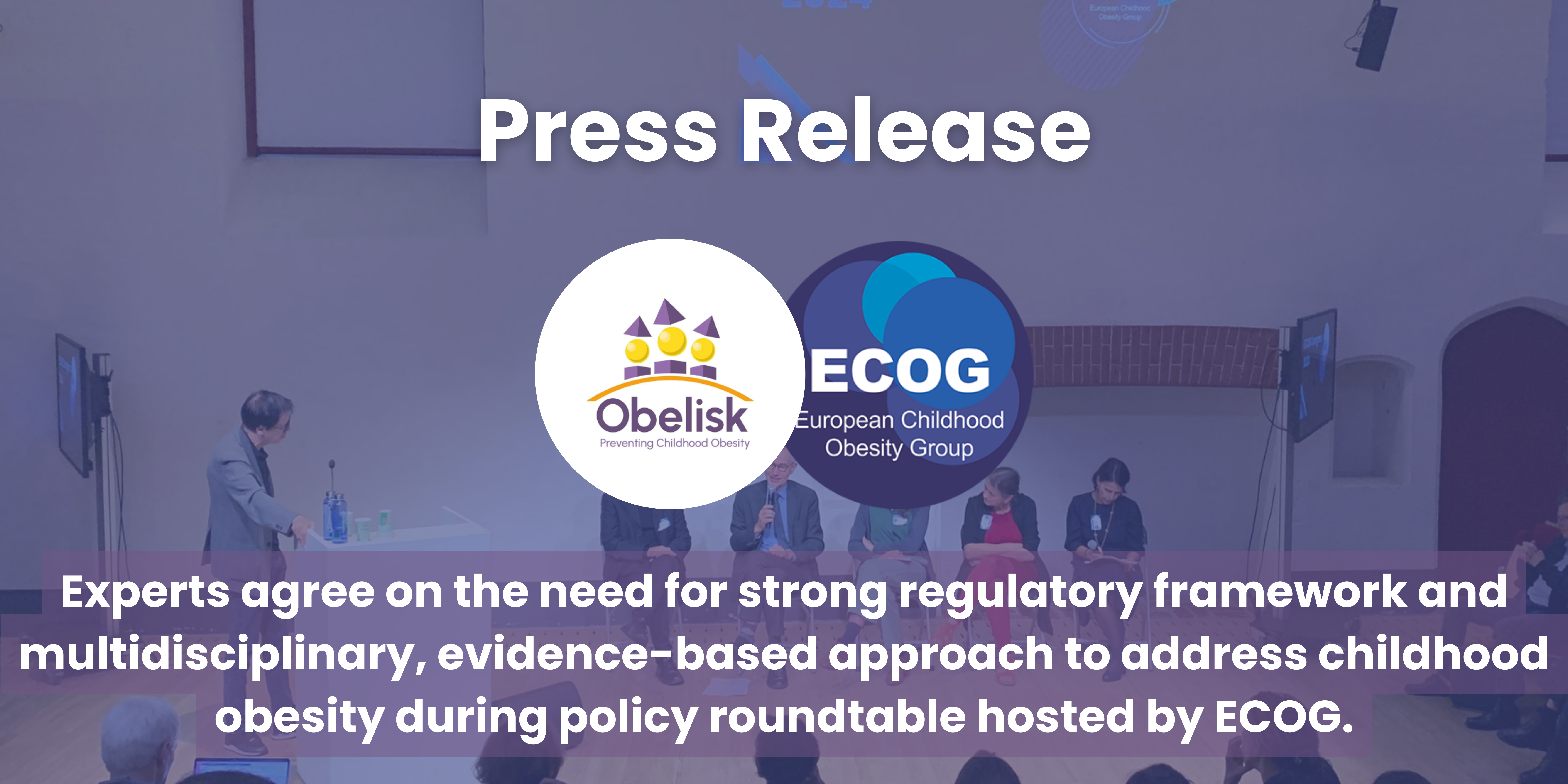Towards a childhood free from unhealthy food marketing
Explore what the EU can do to protect children’s rights and health

The evidence is clear: unhealthy food marketing affects what children eat and ultimately, their health and well-being.
European health, consumer, child, and family organisations call on the EU to assume responsibility and tackle the exposure of young people to the promotion of nutritionally poor food.
HEALTH, FOOD GROUPS CALL FOR FOOD ADVERTISING RESTRICTIONS: Twenty European health, medical, consumer, child and family organizations called for the European institutions to adopt legislation that would protect children from “the widespread, ubiquitous and insidious marketing of nutritionally poor food.”
Context: For now, the EU doesn’t have strict rules that would regulate the marketing of unhealthy products to children — it relies on voluntary self-regulation and codes of conduct of the industry.
We’ve done it for you: The groups have even prepared a blueprint directive for the legislators that they say will do the job. It includes provisions on, for example, defining a child as anyone younger than 18 years old; using the World Health Organization Europe nutrient profile model to define what is “nutritionally poor food;” ending the marketing of junk food between 6 a.m. and 11 p.m. on broadcast media; and ending such marketing entirely on digital media, including social media and video-sharing platforms, forbidding the use of influencers to promote junk food.
Food for thought for lawmakers: This is something that the lawmakers in the European Parliament can think about, given their own initiative report on the EU Farm to Fork Strategy, which calls for an “an effective and EU-wide regulatory approach to tackle the exposure of children and adolescents to advertising and marketing of processed foods high in fat, sugar and salt on broadcast and digital media.”





